". . . in academic achievement it is self-discipline, not talent, that counts."

Academically, the tortoise--not the hare--is going to be the winner.
A study by American researchers published last December in
Psychological Science confirms that
a student's self-discipline is twice as important as his or her IQ when it comes to predicting academic success. The researchers say, "Underachievement among American youth is often blamed on inadequate teachers, boring textbooks, and large class sizes. We suggest another reason for students falling short of their intellectual potential: their failure to exercise self-discipline."
In response to the study,
Cordelia Fine of the Centre for Applied Philosophy and Public Ethics at the University of Melbourne asks what we can do to improve self-discipline among students. She says we can think of willpower as a "
moral muscle" which has limits but which can be strengthened. She says, it is "the moral muscle that is flexing and straining as you keep attention focused on a dry academic article, bite back an angry retort to your boss, or decline a helping of your favourite dessert. And herein lies the problem: these acts of restraint all drain the same pool of mental reserves."
As a result, Fine has two suggestions:
- Recognize that your ability to exert self-discipline has limits. Healthy eating, for instances, saps the same reserves of self-discipline that you use to tackle your studies. So recognize your limits. At the start of your academic career, if you must lose self-discipline around a package of Oreo cookies in order to exert the self-discipline to complete your research paper, then eat the cookies.
- Beef up your moral muscle through exercise. Fine says, "By regularly exercising self-restraint and virtue in all areas of life (moral muscle cross-training, we may call it), we will come to resist temptations with the same casual ease with which a world-class athlete sprints to catch a train." In other words, eventually you'll be tossing off research papers without ruining your healthy diet.
Duckworth, Angela L., and Martin E.P. Seligman. "Self-discipline Outdoes IQ in Predicting Academic Performance of Adolescents." Psychological Science 16.12 (Dec. 2005): 939-944. 3 Aug. 2006 ‹http://www.blackwell-synergy.com/doi/abs/10.1111/ j.1467-9280.2005.01641.x›.
 Join Rob Stothart (pictured at left), other Northwest College faculty, and students as they read from their work at the first First Friday Reading of 2006-2007. The group will meet at noon in the Hinckley Library amphitheater.
Join Rob Stothart (pictured at left), other Northwest College faculty, and students as they read from their work at the first First Friday Reading of 2006-2007. The group will meet at noon in the Hinckley Library amphitheater.


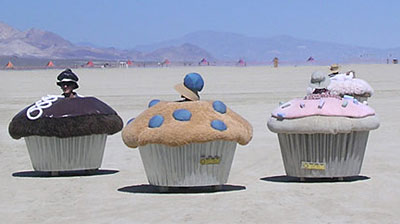
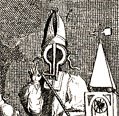 We like to refer to the mind as a
We like to refer to the mind as a 
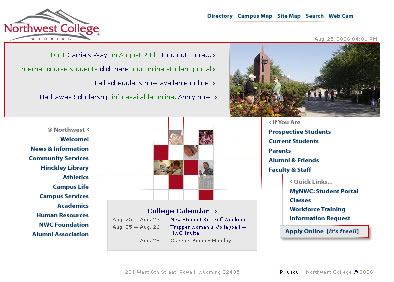




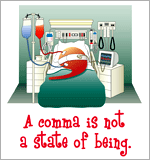

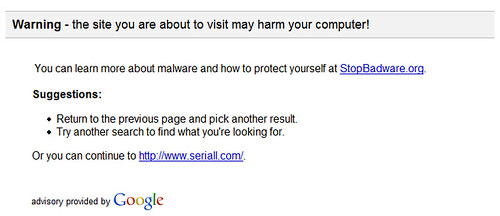
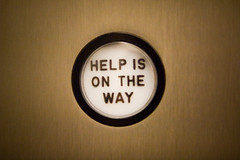




 Academically, the tortoise--not the hare--is going to be the winner.
Academically, the tortoise--not the hare--is going to be the winner.




 ms.dsk is reading
ms.dsk is reading  Rob Koelling is reading
Rob Koelling is reading  S. Renee Dechert is reading
S. Renee Dechert is reading  Mary Ellen Ibarra-Robinson is reading
Mary Ellen Ibarra-Robinson is reading  Bill Hoagland is reading
Bill Hoagland is reading  Jennifer Sheridan is reading
Jennifer Sheridan is reading  Robyn Glasscock is reading poetry by
Robyn Glasscock is reading poetry by  Susan Watkins is reading
Susan Watkins is reading